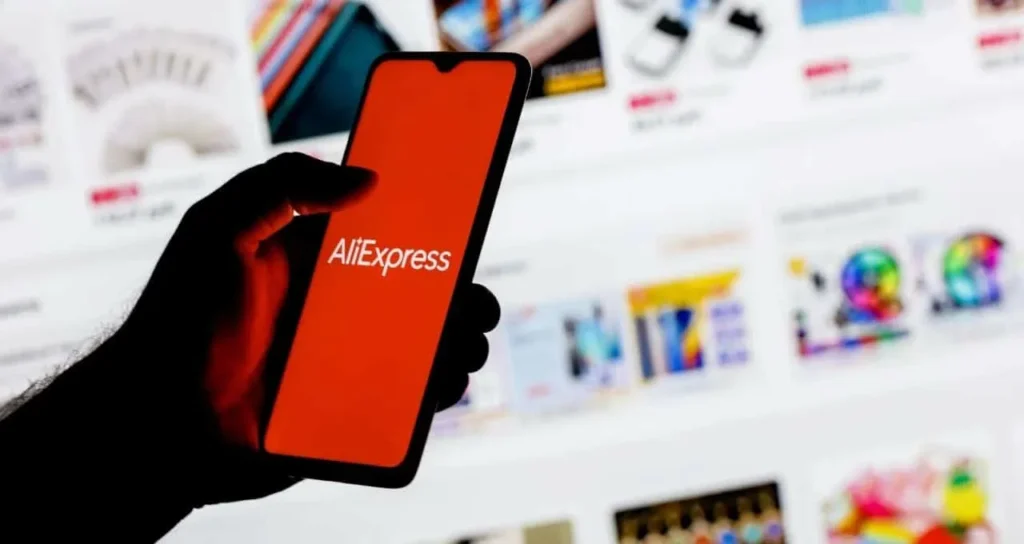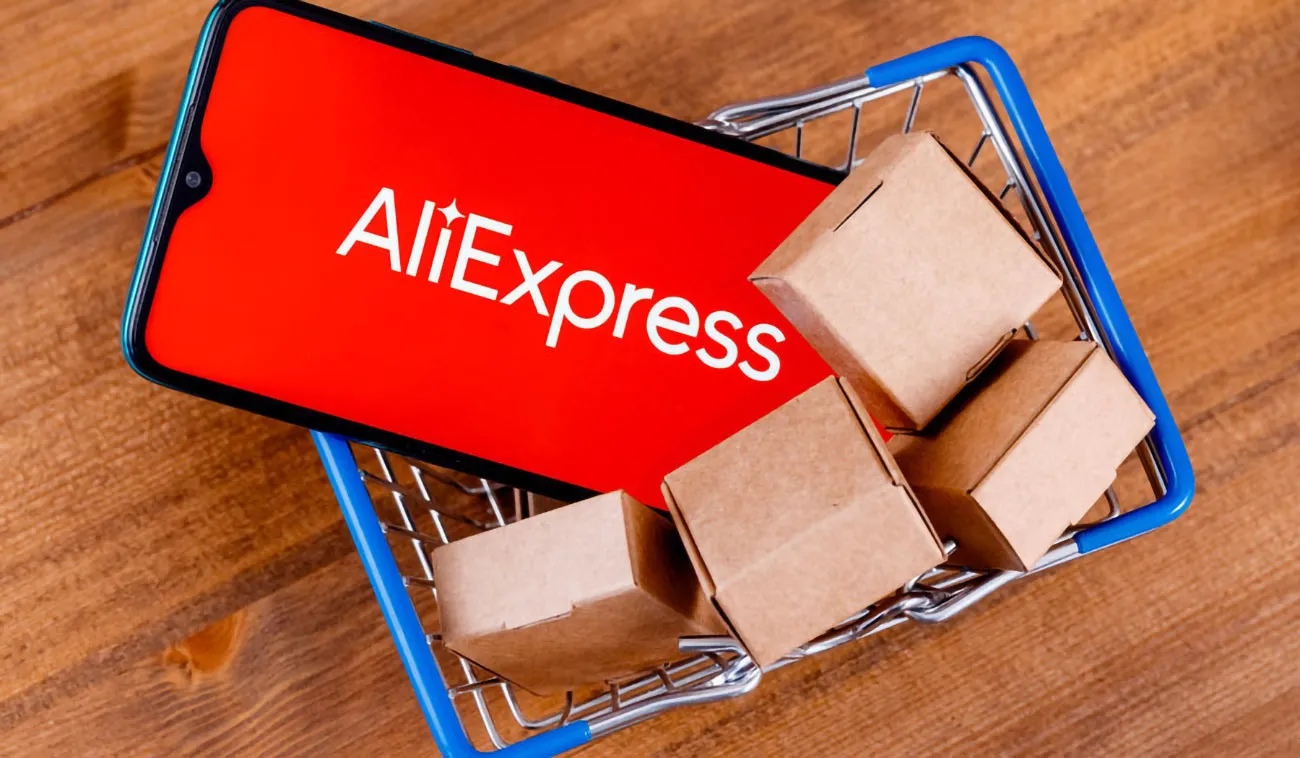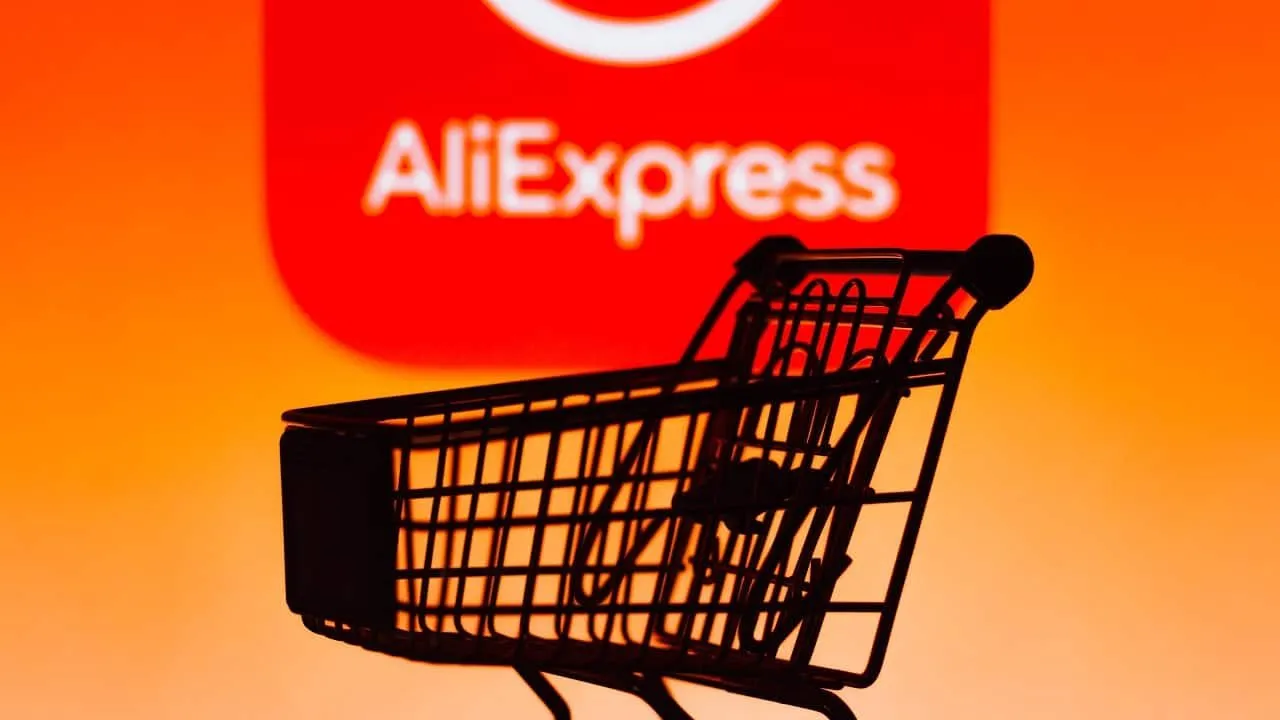Are user profiles used to personalize cupon recommendations?

In today’s digital age, personalizing user experiences has become essential for businesses looking to stand out in a crowded marketplace. One of the innovative ways companies are doing this is through the use of user profiles to tailor coupon recommendations. The utilization of user profiles enables businesses to provide customized discounts that resonate with individual customer preferences, boosting conversion rates and fostering customer loyalty. In this article, we will explore how user profiles are used to personalize coupon recommendations, the benefits of this approach, and how businesses can effectively implement it.
Understanding User Profiles
User profiles are comprehensive representations of individual customers, compiled from various data points collected during interactions with a brand. This data can include:
- Demographic information (age, gender, location)
- Purchase history (items bought, frequency, total spent)
- Browsing behavior (pages visited, time spent on site)
- Feedback and preferences (ratings, surveys, likes)
By analyzing this data, businesses can develop detailed profiles that reveal specific interests and behaviors, allowing for tailored marketing strategies.
How User Profiles Enhance Coupon Personalization
The integration of user profiles into coupon recommendations is a powerful strategy for personalizing customer experiences. Here’s how this process works:
Data Collection
The first step in creating personalized coupon recommendations begins with data collection. Businesses gather information through:
- Website analytics
- Customer feedback forms
- Email marketing responses
- Social media interactions
This data serves as the foundation for building user profiles, which reflects each customer’s unique preferences and behaviors.
Segmentation and Targeting
Once the data has been collected, businesses can segment their audiences based on shared characteristics or behaviors. For example:
- Age Groups: Younger customers may respond better to trendy items, while older clientele might prefer classic styles.
- Purchase Patterns: Customers who frequently buy certain products may appreciate discounts on related items.
- Geographical Location: Seasonal promotions can be tailored based on the region’s climate or local events.
Understanding these segments allows brands to develop targeted coupon strategies that resonate with specific user profiles.
Dynamic Recommendations
Using algorithms and machine learning, businesses can generate dynamic coupon recommendations. This involves:
- Analyzing user behavior in real-time, such as items left in the shopping cart or recent searches.
- Adjusting coupon offers based on factors like seasonal trends or product availability.
- Sending timely reminders about expiring coupons relevant to the user’s interests.
This level of personalization ensures that customers feel valued and understood, increasing their likelihood of utilizing the coupons offered.
The Benefits of Personalizing Coupon Recommendations
Increased Engagement
When customers receive personalized coupon offers that align with their interests, they are more likely to engage with the brand. This can manifest as increased likelihood to open marketing emails, visit the website, or make a purchase.
Higher Conversion Rates
Personalized promotions often lead to higher conversion rates. When customers receive discounts on products they are genuinely interested in, the chance of completing a sale significantly increases. This is particularly true for:
- Cart abandonment recovery, where targeted coupons can coax users back to finalize their purchase.
- Referral programs, incentivizing users to share offers with friends and family.
Improved Customer Loyalty
Providing customers with personalized coupon recommendations demonstrates a brand’s understanding of their needs and preferences. This personalized approach fosters trust and encourages customer loyalty, leading to repeat business and long-term relationships.
Valuable Insights and Data Utilization
By analyzing the success of personalized coupon strategies, businesses can gain valuable insights into customer preferences and behaviors. These insights can inform future marketing campaigns and inventory decisions, further enhancing the overall customer experience.
Implementing Personalized Coupon Strategies
To successfully implement personalized coupon recommendations, businesses should consider the following key steps:
1. Invest in Data Management Tools
Business success hinges on the ability to collect, manage, and analyze data. Investing in robust data management systems can streamline this process and ensure that customer profiles are accurate and up-to-date.
2. Utilize Advanced Analytics
Employ analytics tools that can provide insights into user behavior and help identify trends from the data collected. Machine learning algorithms can also assist in predicting which users will respond best to specific offers.
3. Design Targeted Marketing Campaigns
Craft marketing campaigns that cater to different segments of the audience. Tailor the messaging and design of coupons to resonate with each user’s preferences and buying journey.
4. Monitor and Optimize
Regularly track the performance of coupon campaigns to assess their effectiveness. Analyzing metrics such as redemption rates, customer engagement, and sales conversions can help businesses refine their approach and maximize return on investment (ROI).
5. Engage Customers Through Multiple Channels
Personalized coupons should be integrated into various marketing channels to ensure maximum exposure. Consider utilizing:
- Email newsletters
- Social media ads
- Mobile app notifications
- Website pop-ups
This multi-channel approach enhances visibility and encourages customers to take advantage of the offers.
Examples of Successful Personalization
Many brands have successfully implemented personalized coupon recommendations, leading to increased customer engagement and sales. Here are a few examples:
1. Amazon
Amazon is renowned for its personalized shopping experience. The platform uses user data to recommend products adroitly, offering tailored coupons based on purchase history and browsing behavior. For instance, if a customer frequently buys books, Amazon may offer discounts on related genres.
2. Starbucks
Starbucks leverages its mobile app to personalize offers for its customers. The app tracks user purchases and preferences, allowing the company to send targeted promotions, such as discounts on a customer’s favorite beverage or bonus stars for using specific payment methods.
3. Groupon
Groupon excels in personalized coupon offerings by using location data and user interests. The platform sends tailored deals to users based on their past purchases and preferences, making it more likely for users to redeem coupons.
Challenges in Personalizing Coupon Recommendations
While the benefits of personalized coupon recommendations are clear, businesses may face several challenges during implementation:
Data Privacy Concerns
With increasing awareness of data privacy, customers are becoming more cautious about sharing personal information. Brands must navigate these concerns by adopting transparent data collection practices and providing customers with control over their data.
Balancing Automation and Personal Touch
While automation can enhance efficiency, it’s vital to maintain a human touch in marketing strategies. Over-reliance on automated messages can make communications feel impersonal, so brands should strive to balance automation with genuine engagement.
Staying Relevant
Trends and consumer preferences can shift rapidly, necessitating the need for continuous monitoring and adjustment of coupon offers. Staying relevant requires businesses to be adaptable and responsive to changing customer needs.
The Future of Coupon Personalization
The landscape of coupon personalization is evolving, driven by advances in technology and changing consumer expectations. As artificial intelligence and machine learning continue to develop, businesses will be able to create even more sophisticated user profiles, leading to highly personalized coupon experiences. Additionally, advancements in data analytics will enhance the accuracy of predictions regarding customer behavior, enabling brands to refine their marketing strategies further.
Investing in personalized coupon recommendations is no longer just an option; it is essential for businesses looking to thrive in a highly competitive environment. By effectively leveraging user profiles, companies can deliver tailored offers that not only cater to individual preferences but also encourage customer loyalty and drive sales growth. The future is bright for personalized coupon strategies, and now is the time for businesses to embrace this approach and reap its benefits.
Links:
- GUIDE promohttps://unitagged.org/code-promo-aliexpress-unlock-massive-savings-on-your-next-purchase/
- Home
- FAQ-Aliexpress
Websites Review
“`html
Personalizing coupon recommendations through user profiles is a powerful strategy that enhances the shopping experience. By analyzing individual preferences, behaviors, and past purchases, businesses can tailor relevant offers, increasing user engagement and satisfaction. Such personalization not only encourages users to explore products they are likely to purchase but also fosters brand loyalty. In a competitive market, personalized coupon recommendations help brands stand out and effectively meet the diverse needs of consumers. Ultimately, leveraging user profiles for this purpose can lead to increased sales and a more enjoyable shopping experience.
FAQ
1. How are user profiles created for coupon recommendations?
User profiles are created by collecting data on customer behavior, preferences, and demographics. This data can include previous purchases, browsing history, and user interactions with the website, allowing businesses to understand what types of products or discounts might appeal to each individual user.
2. Can I opt out of personalized coupon recommendations?
Yes, most platforms allow users to opt out of personalized recommendations. Check the account settings or privacy settings on the platform you are using to adjust your preferences for receiving tailored suggestions.
3. Are personalized coupons more effective than non-personalized ones?
Generally, yes. Personalized coupons have been shown to increase conversion rates, as they are more relevant to the user’s interests. Customers are more likely to engage with an offer that aligns with their preferences, leading to higher sales for the business.
4. Is my personal data safe when creating a user profile?
Most reputable platforms adhere to strict data protection regulations. They implement security measures to safeguard your information and typically provide transparency about how your data will be used. Always review the privacy policy of any service you use.
5. How often should I update my user profile?
It’s a good idea to update your user profile regularly, especially after significant purchases or changes in preference. Keeping your information current helps ensure that the coupons and recommendations you receive remain relevant and beneficial.
Conclusion
Using user profiles to personalize coupon recommendations enhances the shopping experience by tailoring offers to individual preferences. This targeted approach not only boosts customer satisfaction but also drives sales for businesses. As personalized marketing becomes the norm, taking advantage of user profiles can significantly improve engagement and brand loyalty. Embrace this trend to discover deals that truly resonate with your interests and needs.
“`



